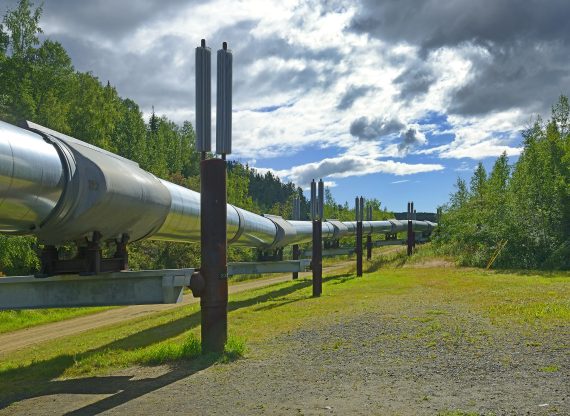Pipelines are the safest and greenest way to transport fuel

In recent weeks, there were two fossil fuel spills in the news: the tanker truck spill into the Richelieu River in Quebec, and the ship that ran aground off the coast of Mauritius. These unfortunate events lead us economists and researchers to reflect upon safer, more environmentally friendly ways of transporting fuels like oil and natural gas.
In Canada, numerous experts and governmental agencies have noted the benefit of transporting these substances by pipeline. Not only do these reduce greenhouse gas emissions by decreasing transport by ship and truck, but they are also much safer. Yet opposition to this technology is ferocious, and opponents seem to reject a calm, rational, fact-based discussion of the question.
Each year, Natural Resources Canada publishes a report on the country’s pipeline system that is packed with relevant information. It shows that on average, each year, 99.999% of the oil transported by pipeline in Canada is transported safely. That’s around 1.5 billion barrels of crude oil and petroleum products safely transported annually by pipelines, and of this entire amount of fuel transported, the equivalent of approximately just two rail tank cars are spilled by pipelines in Canada each year.
Moreover, it should be noted that incidents have fallen by over 60% since 2009. When oil spills do happen, they are very small and are typically limited to pipeline company land, which is reclaimed during cleanup operations. Indeed, spills can lead to fines of up to $100,000 a day for offending companies, and penalties can also include prison terms of up to five years.
It’s time to have a rational discussion about the transportation of fossil fuels. Tanker trucks and ships have their place, but pipelines are indisputably the safest and greenest way to transport fuel. Ideological arguments should not take precedence over safety and greenhouse gas emission reductions.

